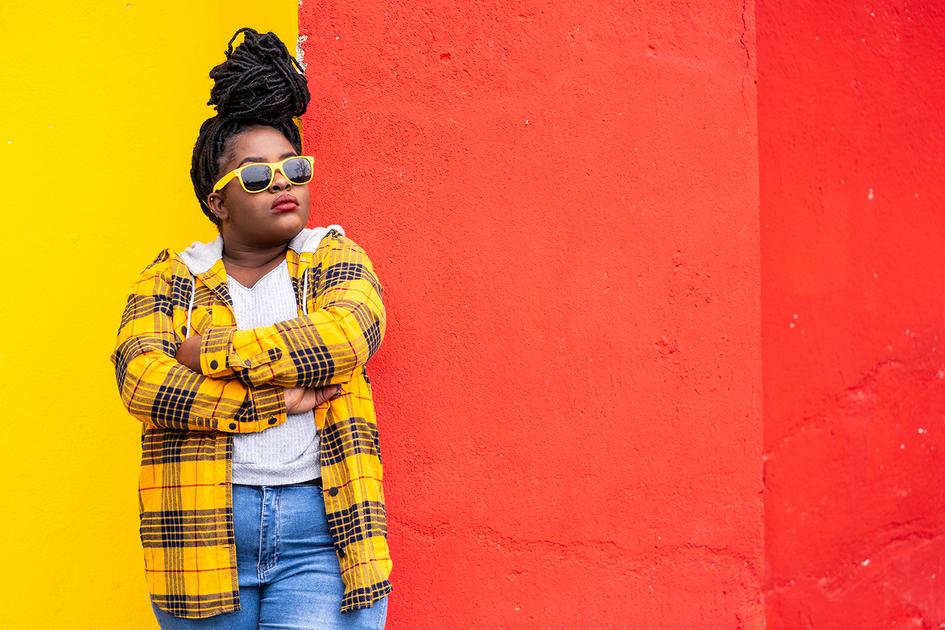
Microaggressions are subtle and seemingly innocuous, but they are hurtful and cruel and need to be called out, says Lola Akinyele, Head of Strategy at Isobar Nigeria
In life, the only constant is change. Humans evolve, technology advances and racism wears a new, more acceptable face. ‘How can racism ever be acceptable?’ you might ask. I refer you to the title above. If you have ever said it, or anything similar to it, to any person of colour, or see no problem with the statement, then you, dear reader, are part of the problem.
To be fair to you, it may not be intentional. You may be genuinely curious to know why my hair changes length (personal boundaries are overrated, continue touching it) or if I see giraffes and lions outside my bedroom window when I wake up, which is why I give you credit for trying to learn more about a culture different from yours. However, with this in mind, I say to you, stop it. Just stop.
‘But it’s just words, and unlike sticks and stones, they can’t break your bones.’ Unfortunately, they can. Studies have shown that African-Americans and women perform worse on academic tests when primed with stereotypes about how race or gender contributes to their inferior intelligence[1]. Imagine the kind of stress people of colour face when constantly harassed about their appearance or how they talk. These words don’t just affect how people of colour see themselves, but also how others see them too; and people tend to act on perceptions.
Remember Amy Cooper[2], the White woman who called the police because she allegedly felt threatened by a black birdwatcher who asked her to put her dog on a leash in New York’s Central Park? Her actions offered White people a front-row seat to the behaviours many people of colour face on a daily basis. I can’t tell you the number of times I have been followed around shops (they were just being helpful), or had people try and be inclusive by ‘not seeing my colour’ (why? I’m Black and proud) or use ‘Black’ slang to make me feel more comfortable (I am not your ‘sista’).
Webster’s Dictionary defines microaggressions as ‘a comment or action that subtly and often unconsciously or unintentionally expresses a prejudiced attitude towards a member of a marginalised group’[3]. I call it racism lite; comments and actions so subtle that perpetrators don’t know they are doing it, and victims don’t immediately realise they are being singled out. So how do we stop it?
The onus falls on the perpetrator. People of colour can’t change how you perceive and treat them, only you can do that. Have a new dark-skinned friend you want to know more about? Great! Before you put your foot in your mouth, temper your behaviour with these questions:
- If someone were to ask me this question, would I be offended?
- Am I respecting their personal boundaries?
- Do I see and value their uniqueness or am I trying to make them fit into my frame of reference?
If you do inadvertently become ‘that guy’, be open to the criticism that follows. However innocent your intentions, it’s important to acknowledge the hurt caused and learn from it.
Words matter. Actions matter. How are you making yours count?
---------------------------
About Lola Akinyele
Lola Akinyele is a born overthinker. As a marketing and brand strategist, who has worked on brands like Heineken, Coca-Cola, Pepsi, Nestlé and Huawei mobile. When she’s not chained to her office desk, you can find her at home, watching anime, playing The Sims and hanging out with her husband and dog.
References
[1] Whistling Vivaldi and Other Clues to How Stereotypes Affect Us; Claude M. Steele, Ph.D
[2] https://edition.cnn.com/2020/05/26/us/central-park-video-dog-video-african-american-trnd/index.html
[3] https://www.merriam-webster.com/dictionary/microaggression



